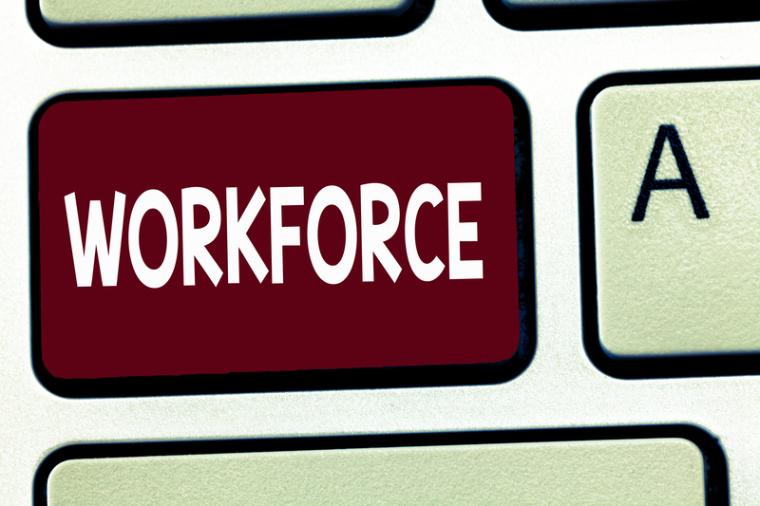
Top Employers Institute, the leading global authority on recognizing excellence in people practices, recently released its latest white paper on the future of work as defined by the newest working generation: Gen Z. The white paper features insights from more than 2,300 global Top Employers and 1,700 people aged 18–27 across nine countries and four continents. The findings reveal the workplace values of the newest generation across a broad range of related topics, including leadership, culture, wellbeing, and AI.
By 2025, Gen Z will make up 27% of the workforce in countries that are a part of the Organization for Economic Co-operation and Development (OECD). The report offers insight into their work and career preferences, which are essential to understanding the future of the workforce and raising the bar on the world of work, benefiting all generations.
"This latest survey from Top Employers Institute is enlightening," said Jake Canull, Regional Director for Top Employers Institute. "The results showcase that Gen Z values work-life balance, purpose-driven employment, and opportunities for growth more than previous generations. The data finds organizations that adopt these priorities are better positioned to attract and retain top talent from the Gen Z workforce."
Stability, Sustainability, and Safety
When asked what values they look for in an organization, Gen Z emphasized stability, sustainability, and safety above all else. They want their employers to support them in building their careers while enabling a healthy life outside of work.
- Gen Z expects to be heard and invested in; 80% said employers have a responsibility to continuously upskill their people.
- When asked if they would accept a lower salary if it meant a better work-life balance, 62% said yes.
- An impressive 82% stated it was important to have flexibility in their schedule and the ability to manage their work hours.
- Similarly, 82% expressed a desire for choice and flexibility in the wellbeing offerings provided by their employer.
- 81% of Gen Z respondents said employers have a responsibility to support the physical wellbeing of their people.
- An even higher amount, 83%, said employers have a responsibility to support the psychological wellbeing of employees.
Connection and Leadership
Gen Z is more socially disconnected than any other generation, spending less time with friends and more likely to report feeling isolated. Society's traditional ties are changing, significantly impacting Gen Z's perceptions of their workplace, supervisors, and idea of leadership overall.
- When asked what kind of environment they thrive in, the most common response was one that is collaborative and team-oriented.
- For 78% of respondents, work is a place to build community, social connections, and belonging.
- When asked what kind of leader they want to work for, they chose emotional intelligence as the most important quality.
- For Gen Z, the key part of being a leader is motivating and inspiring others, with almost half saying showing empathy and care is critical.
- 78% of Top Employers with average (9%) or below average Gen Z representation ensure leadership feedback.
Artificial Intelligence
Gen Z recognizes that AI is here to stay, and has some short-term benefits. But the newest generation has anxiety about how it would impact their lives, and the lives of other employees, in the long-term.
- 75% of our Gen Z respondents agreed that AI would allow them to learn new skills.
- 71% said they felt equipped to take advantage of this new technology when they were at work.
Yet only 60% agreed that it would have a positive impact on their career. - One fifth of participants disagreed that AI would have a positive impact on their care.
- 14% disagreed that it would have a positive impact on the world of work overall.
To learn more about the findings from Top Employers Institute's Gen Z: Redefining the Future of Work white paper, visit www.top-employers.com/us/.

There are no comments
Please login to post comments